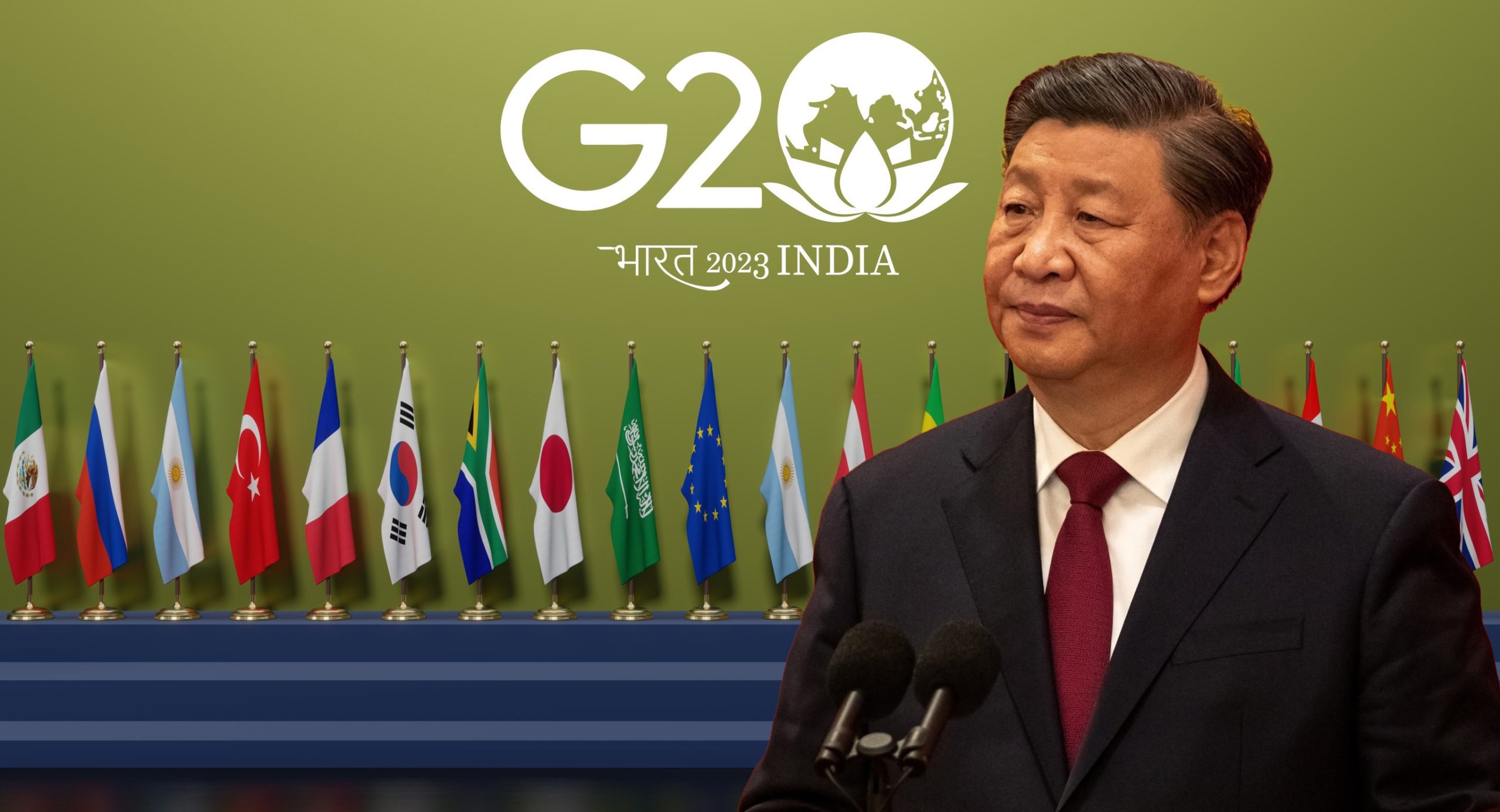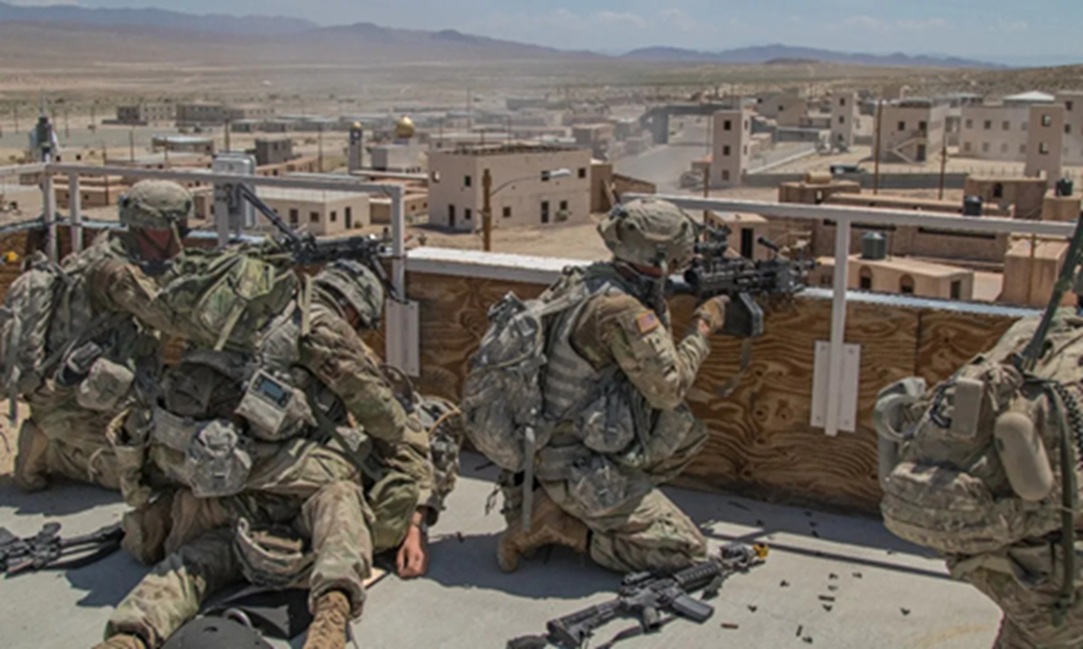Core values of an organization are the fundamental beliefs that guide its behaviour and help arrive at the right decisions. The aim of this article is to bring out what core values are, how core values influence decision-making, and how core values can be identified and operationalised in an organization.
What are Core Values?
The core value of an organization, according to Jim Collins and Jerry I. Porras, the authors of the famous book Built to Last: Successful Habits of Visionary Companies, is an essential and enduring ‘tenet’ or guiding ‘principle’ or ‘credo’ shared by most of its members. Core values do not change with time and define what the organization stands for. Core values not only reflect what the organization believes but, more importantly, how intensely it believes and how faithfully it lives them.1 Integrity, respect, excellence, innovation, and service are some of the examples of core values.
Core Values and Decision-Making
Core values act as standards against which decisions in the organization are made. Let me explain this with an example. An American company, Johnson & Johnson (J&J), faced a crisis in 1982 wherein seven people died after consuming Tylenol, the analgesic drug the company manufactured. The reason for this was the poisoning of the Tylenol capsules with cyanide by some miscreant. Company CEO Jim Burke was at a crossroad to decide whether to withdraw the entire production lot of more than US$ 100 million from the drug stores or wash his hands off the whole thing and carry on with the business as usual. Jim Burke acted swiftly in line with the company’s credo, ‘Customer First’, to save further loss of life by distributing warnings to hospitals and distributors, halting Tylenol production and advertising, recalling 31 million bottles of Tylenol of the sale value of over $100 million. In the process, the company suffered a severe loss of market share from 35 per cent of US $ 1.2 billion to 7 per cent, but it recovered in about a year and its profits multiplied manifold in a few years. Burke later said that he really had no option but to act in-line with the core value of Johnson & Johnson, i.e., ‘Customer First’.2,3 Just imagine, if the core value of the company was to maximize profits or stake-holders’ value then the decision perhaps would have been entirely different! So, core values help the organization to decide right.
Operationalisation of Core Values
Core values not only influence organizational culture and climate but also influence vision, mission, goals and objectives, strategies, policies, etc. Hence, the organization needs to identify its core values with the utmost care and due deliberation. Knowledgeable people with good credibility and understanding of the organization and its values should be involved in the articulation of the core values. For example, Duty, Honour, and Courage are the core values that the Indian Navy deeply believes in and expects its personnel to follow. These have been articulated from its earlier set of values comprising patriotism, loyalty, resolve, fighting spirit, integrity, honesty, duty, commitment, and example. Having thus identified, the core values then need to be operationalised so that these are shared across the organization. For this, it is essential that top leadership act in alignment with the core values and lead by personal example as a role model so that their behaviour is observed, imbibed, and emulated by the subordinates.4 Leadership must also reinforce behaviours expected from subordinates.
Story-telling is yet another powerful way of transmitting core values. The process of inculcating core value through story-telling involves creating awareness about it, understanding it and developing belief in it, leading to feeling good about it, taking ownership of it, experiencing it, and finally enshrining it within.5,6
Leadership at all levels in the organization must take every opportunity to transmit core values to the subordinates. Core values may be displayed prominently in the organization so that they remain on top of the minds of the subordinates. Besides, training workshops to inculcate and sustain core values amongst the subordinates may also be conducted at regular intervals.
Conclusion
Core values and core purpose together become the core ideology that forms the soul of the organization.7 Core values play an important role in decision-making and can be learned and emulated by the subordinates by observing the behaviour of leaders at all levels, retaining the same and then reproducing it subsequently. Besides, regular story-telling and training can effectively be used to help enshrine core values within everyone in the organization.
Title image courtesy: https://www.vectorstock.com/royalty-free-vector
Disclaimer: The views and opinions expressed by the author do not necessarily reflect the views of the Government of India and Defence Research and Studies
References
1. Collins, J. C., & Porras, J. I. (2004). Built to last: Successful habits of visionary companies (10th Anniversary ed.). London: Random House Business Books.
2. Bell, R. (2017, March 10). Values drive culture and strategy in times of crisis. Retrieved on October 19, 2020 from https://www.thruue.com/thruue-points/culture/values-drive-culture-strategy-in-times-crisis/
3. Knowledge@Wharton. (2012, October 05). Tylenol and legacy of J&J’s James Burke. Retrieved on October 22, 2020 from https://business.time.com/2012/10/05/tylenol-and-the-legacy-of-jjs-james-burke/
4. Bandura, A. (1977). Social learning theory. Englewood Cliffs, NJ: Prentice Hall.
5. Bennet, A., & Bennet, D. (2007). Knowledge mobilization in the social sciences and humanities: Moving from research to action. Frost, WV: MQI Press.
6. Noi, Q.P., Ramnathan, K., & Bennet, A. (2007). Storytelling for operationalising shared values: Singapore Armed Forces core values storytelling project. Interservice/Industry Training, Simulation and Education Conference (I/ITSEC), Paper No. 7061.
7. Collins, J. C., & Porras, J. I. (1996). Building your company’s vision. Harvard Business Review, September-October, 65-77.








